
Slippin' Jimmy – WBBL
this blog is GROOVY – check out great Soul, Funk, Jazz, Hip Hop, Bass, Breaks , Reggae, House n many more TUNES
Hey there, fellow music lovers! Grab your headphones and get ready to dive into the funky world of glitch-hop. This genre is a wild ride where hip-hop meets electronic beats with a sprinkle of digital wizardry. Let’s explore how glitch-hop came to be, some key players in the scene, and share a few quirky tales along the way!
Glitch-hop blends rhythmic hip-hop beats with glitchy sounds—those delightful audio artifacts that come from digital snafus. Think crackling vinyl mixed with heavy basslines and playful melodies. It’s like if a DJ had a mishap while mixing but somehow turned it into pure magic.
But where did this genre even come from? Buckle up for a quick trip through time!
In the late ‘90s, electronic music was taking off. Artists were starting to experiment with all kinds of weird sounds, thanks to advancements in technology and software. Pioneer artists such as Amon Tobin and Prefuse 73 began combining hip hop rhythms with abstract soundscapes—and just like that, seeds of glitch-hop were sown.
As we cruised into the early 2000s, glitches became more mainstream thanks to accessibility in music production tools like Ableton Live—a game-changer for many producers! Enter stage left: glitch-hoppers who took inspiration from downtempo electronica and mixed it straight up with rap vibes.
Artists like The Glitch Mob, consisting of members Ooah, edIT, and Boreta (yes—their names are cooler than yours), started gaining traction around this time. Their track “We Can Make the World Stop” catapulted them into fame—like shooting stars over Burning Man festivals everywhere!
By then, glitch-hop was exploding on dance floors across clubs and parties worldwide! With influences stemming from various genres—think jazz-infused beats mixed with dubstep drops—it became an ever-evolving style that continues today.
Some other notable names popped onto our radar during this era:
Now let’s sprinkle in some giggles amidst our groovy journey:
Ever heard about Flying Lotus’ coffee habit? Rumor has it he drank so much espresso before producing his tracks that he literally drove himself and his neighbors crazy! But hey—it worked because look at those jazzy tunes!
Remember those super cool producer collective friends? Well-known group The Glitch Mob once made an entire album using only sounds derived from their kitchen utensils! So next time you whip out your spatula or blender for breakfast—who knows? You might just be crafting tomorrow’s hit single!
Not exactly musicians per se but still noteworthy – there exists robotic performances featuring mixmasters creating live sets alongside dancing robots programmed specifically to groove along! Now that’s tech collaboration at its finest—and hilarious sight too when they malfunction mid-routine!
Fast forward to now; glitch hop has evolved yet retains its unique flavor.
Talented contemporaries include:
These modern-day gatekeepers continue pushing boundaries exploring new realms within electronic canvas upon which they create art daily.
So there you have it—the funky timeline tracing back through our beloved genre called glitch-hop—from humble beginnings rooted deep within digital experimentation down by boomboxes bumping heads together at epic raves years ago—to vibrant artists serenading today’s listeners directly worldwide via streaming platforms galore!
Whether you’re vibing out solo or getting down on crowded dance floors—all hail those explorative minds remixing life itself one beat after another…
Remember folks—you’re never too old (or young) to shake it off while reveling amongst hidden treasures tucked inside soundwaves created by these audaciously brilliant glitched-up grooves found floating throughout history’s corridors since their inception till now!

Slippin' Jimmy – WBBL
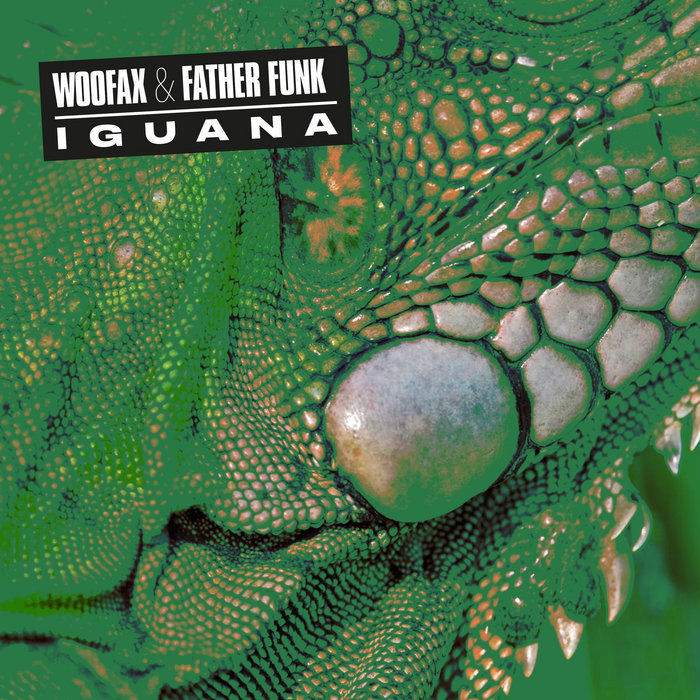
Iguana – Woofax And Father Funk
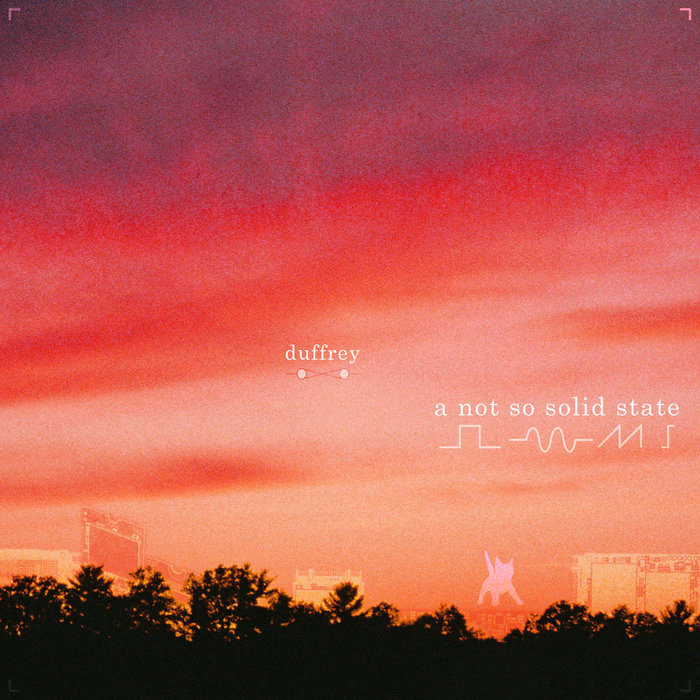
Bring 'Em In – VIP – Duffrey
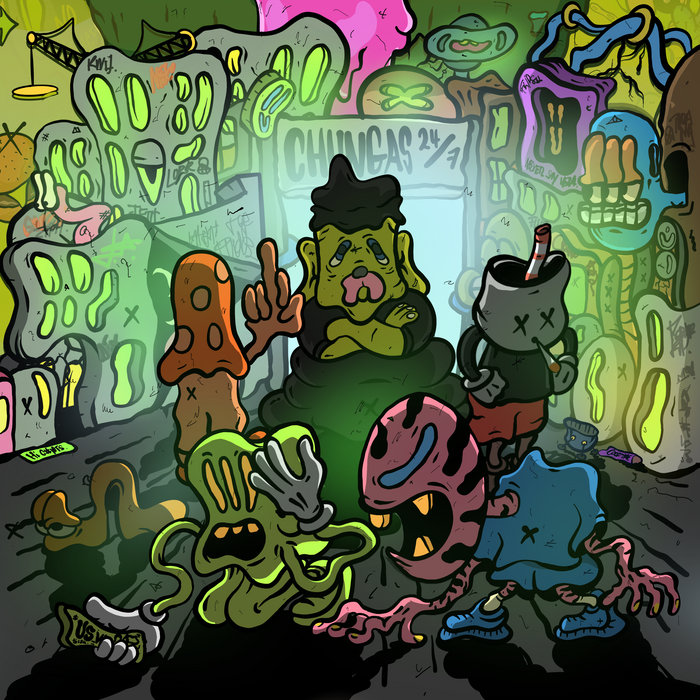
BARRY WHITE – K+Lab, Chunga
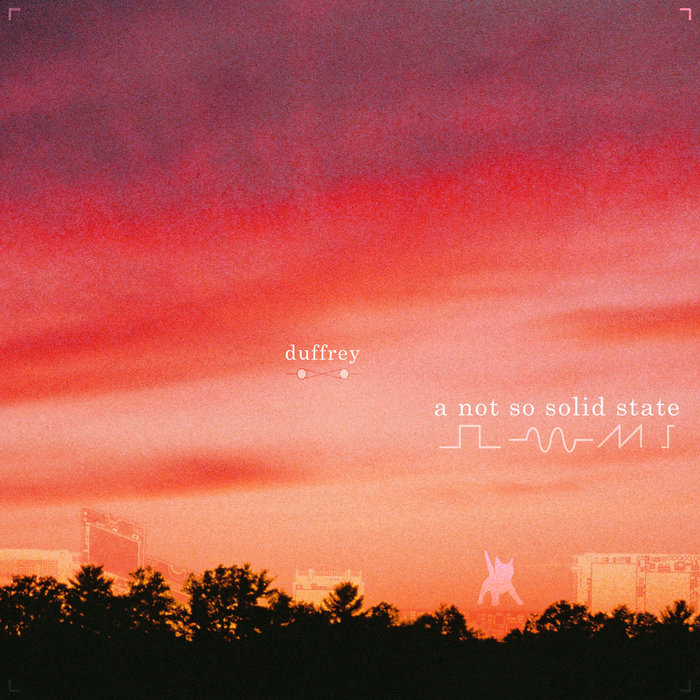
Mumbo Jumbo – Duffrey
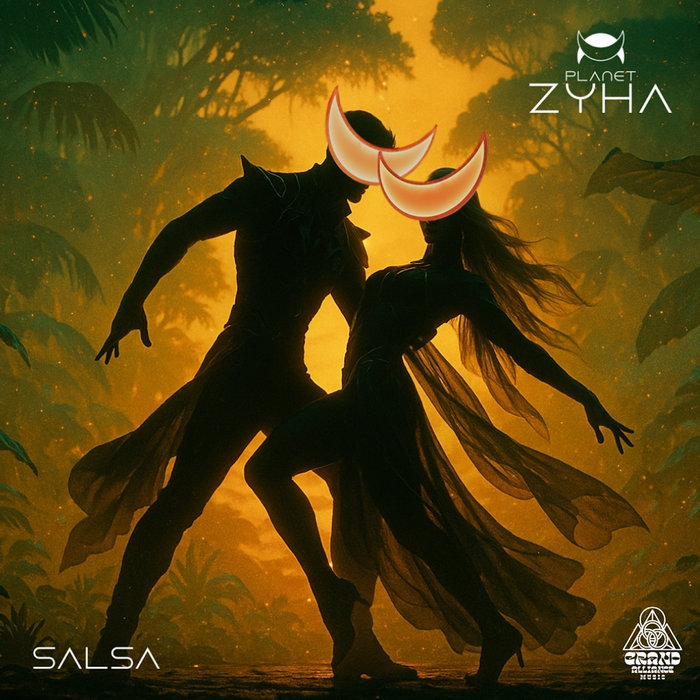
Salsa – PLANET ZYHA
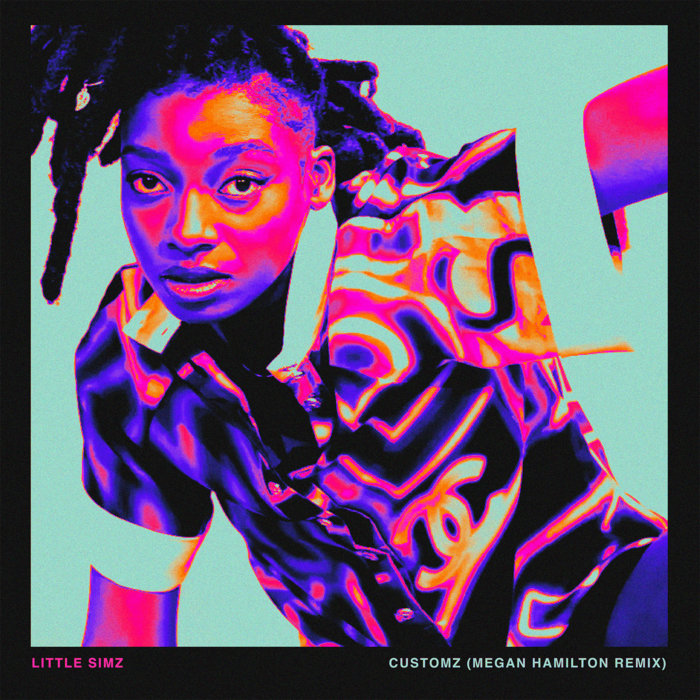
Little Simz – Customz (Megan Hamilton Remix) – Megan Hamilton
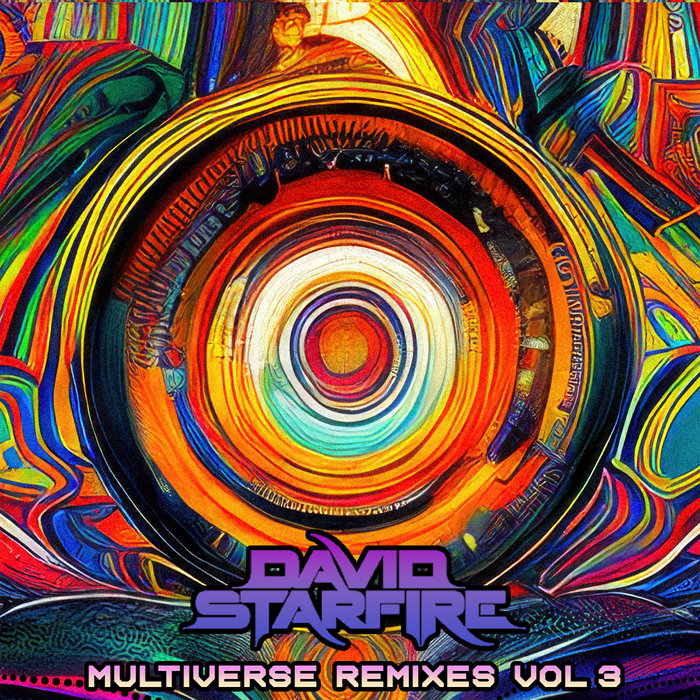
Serpentine (feat. Mah Ze Tar)(Geometrae Remix) – David Starfire

Mista Savona – We Can Do It (Stickybuds Remix) – Stickybuds
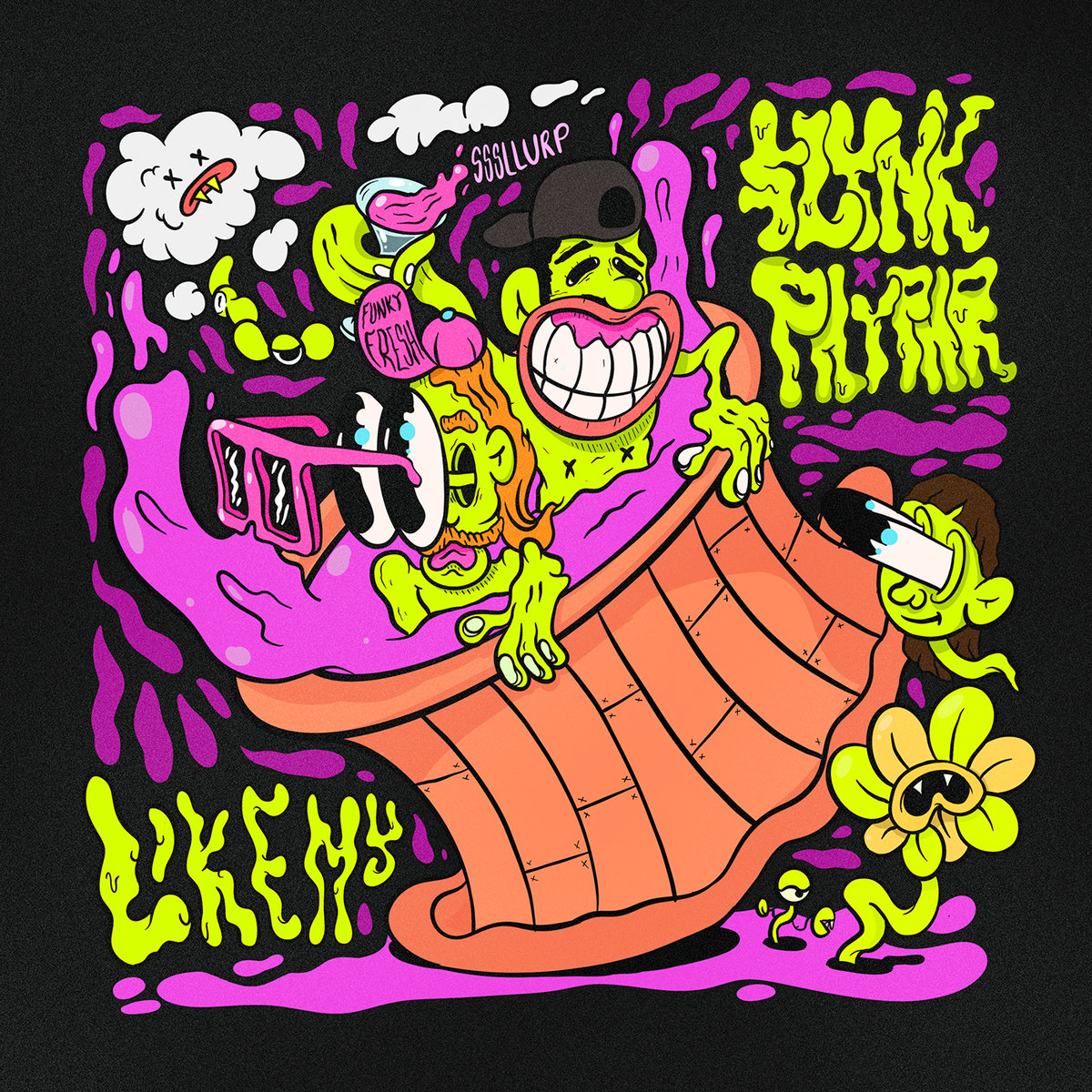
Slynk & Phyphr – Like My – Slynk